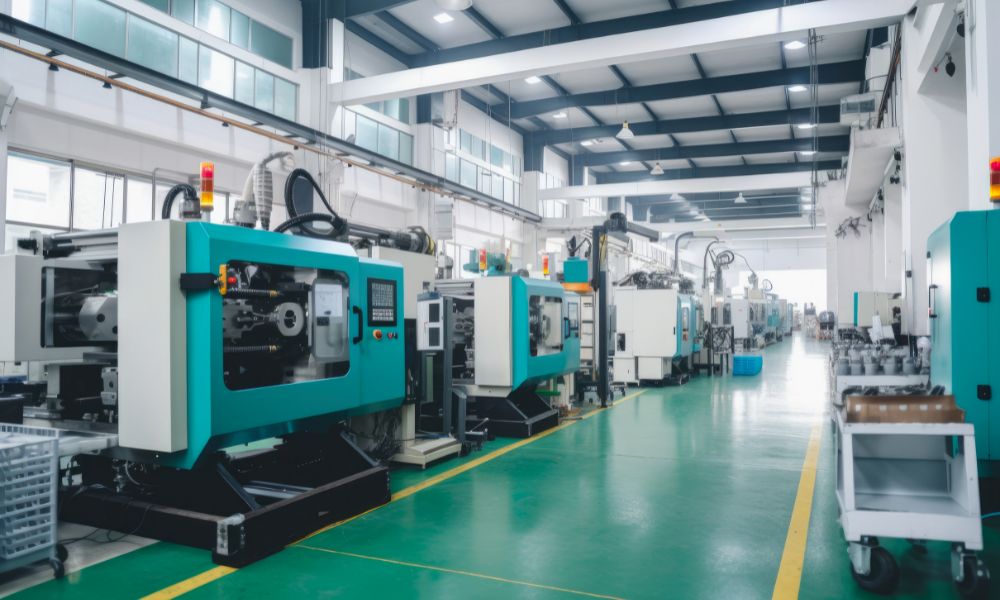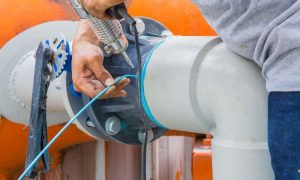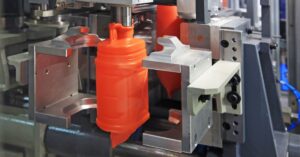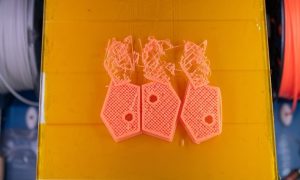Plastic machining is common in manufacturing, and it enables the production of intricate plastic components. Its applications span various industries—aerospace, automotive, medical, and consumer electronics—that require lightweight yet durable materials. As the demand for custom plastic manufacturers grows, so does the need for technological advancements that enhance the efficacy and precision of plastic machining. Let’s explore five innovations reshaping plastic machining technology.
High-Speed Multitasking Machines
High-speed multitasking machines can operate incredibly fast, achieve short cycle times, and ensure high precision. These sophisticated machines can perform milling, turning, and other operations within a single setup. For example, manufacturers in the automotive industry rely on complex, high-quality plastic components for vehicle interiors and assembly. These requirements are ideal for custom plastic manufacturers to improve their methods.
Advanced Cooling Technologies
Advanced cooling technologies have significantly improved plastic machining processes. By regulating heat generated during the cutting process, machinists can efficiently handle heat-sensitive materials, minimize tool wear, and prevent distortion of plastic components. Some advanced cooling methods include minimum quantity lubrication and cryogenic cooling, employed by aerospace and other high-tech industries for parts that must be precise.
Robotics and Automation
Robotic systems and automation have revolutionized the manufacturing sector, including plastic machining. With the integration of robotics, plastic machining operators can automate part loading, unloading, and assembly, leading to increased productivity and improved quality. Collaborative robots, or “cobots,” are gaining popularity in delicate processes, like finish polishing or quality inspection, that require human input.
Advanced Tooling and Cutting Techniques
Significant advancements in tooling materials and cutting techniques have also elevated plastic machining operations. Polycrystalline diamond (PCD) and cubic boron nitride (CBN) tools are exceptionally wear-resistant and offer a long service life. They improve the machining of abrasive and high-strength materials.
High-feed milling and trochoidal milling are innovative cutting techniques for rapid material removal rates while minimizing heat generation and tool wear.
Digitalization and Data Analytics
Digitalization and data analytics empower manufacturers to optimize plastic machining processes. Through real-time monitoring and data collection, manufacturers can understand the performance of their machining equipment, predict issues, and improve processes and quality control.
As we look to the future, technological advancements in plastic machining will continue to push the boundaries of precision and productivity. Embracing and adopting these groundbreaking innovations will enable manufacturers to meet the evolving needs of the manufacturing industry.




